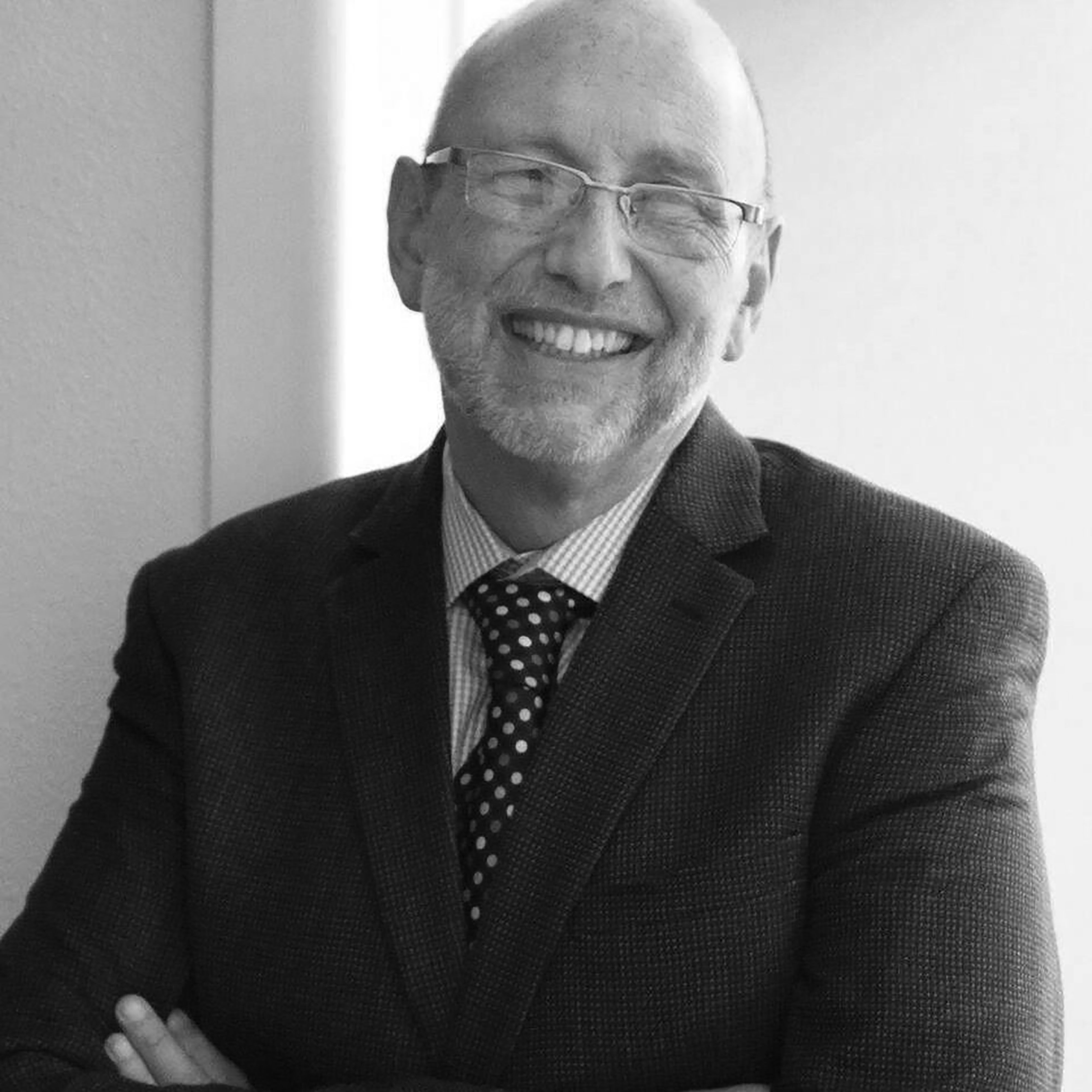
Thanksgiving holidays are just over, and—as with most universities—with only three days of classes remaining, we are careening towards exams and end of the semester responsibilities. This fall has been especially rewarding, but not without its challenges. The second part of our theatre complex is under construction—hurrah!—but, with the Maedgen being remodeled, we are left with fewer performance spaces and a very full season.
And while I know all of us in Theatre & Dance share with you the excitement of live performance, in-person rehearsals, and face-to-face classes, much like the rest of the country, we returned from the pandemic ready to take a hard look at what we expect from our students and ourselves. In other words, we are exploring sustainability.
Sustainability.
The idea of sustainability encompasses three “pillars,” according to most dictionaries, ultimately “meeting the needs of the present without compromising the ability of future generations to meet theirs”: economic, environmental, and social. We, in education and the arts, are especially sensitive to decisions that may impact the future generation, especially since our ultimate goal is to prepare our students for future careers (both philosophically and practically).
Education is never a 9-5 job: those artists driven by pedagogical, scholarly, and/or creative interests (and with most of us at TTU, a combination of these) often work long hours rehearsing, conceiving, writing, critiquing, grading, designing, and planning. The goal that unifies us, of course, is to educate, and in the arts, education is tied specifically to creating; sustainability, then, directly applies to the time and effort put into the act of creation.
Over the past ten years, the School of Theatre & Dance has grown massively, especially in components of experiential education: WildWind, the Arts in Prague, the Marfa Intensive, the Tennessee Williams Festival, the International Theatre Institute, the American Dance Association, and participation in all major conferences and festivals. We strongly believe that these programs/conferences/festivals, along with our educators in house who strive in their classrooms to remain on the cusp of contemporary practices, best prepare our students for a career in the arts. We are convinced that the arts are important, that they can be transformative, that they can enlighten, teach, entertain, and amaze. But to accomplish these lofty goals takes time, and we are in the process of doing a deep dive into just how best to economize our efforts to protect us from burnout.
So, for us, sustainability drives us in many directions:
First, we urgently want to sustain the arts, to make sure that they survive, encouraging avenues of change and discovery. Second, we hope to do this while still sustaining and protecting time with our families, our lives outside of the rehearsal room, and our personal journeys towards creative self-discovery. And, finally, we want to model for our students a life-balance, one that allows our faculty and staff to grow as artists and individuals, always bringing what we learn back to the classroom. Those of you who have experienced the exacting schedules of performance understand the enormous weight that seasons with nine to eleven shows place on our designers, staff, and actors, and while our shared goal is to create art, we also need to recalibrate expectations to protect ourselves from ourselves. You see, too often we in the arts give of our time freely to express our love of the craft. But, as you can imagine, this can be dangerous. It is our responsibility as educators to help our students learn when and how much time to dedicate to specific creative tasks, and to do this, we need to revisit our program constantly.
The pandemic gave us a chance to pause and reconsider, to look at how much we expect of ourselves and our students, and to conceive a reasonable and equitable balance.
We have made major strides, but the conversation is ongoing. It's an exciting, not an onerous, challenge, one that can bring great change. We are proud of our return to the stage this fall: In a Word, Bike America, Fall Dance Festival, and Spring Awakening are excellent examples of reaching for our potential. And the Spring brings us Guapa, DanceTech, A Little Night Music, and Frontier Fest, among other smaller shows and events. The School remains grateful that we have the opportunity to share our work with you, all the time re-examining everything from our mission and vision statements to practices that ensure equity and freedom from discrimination, from how much time we spend on each event to how best to assure excellence.
As 2022 approaches, we plan continually to explore the concept of sustainability, in all its myriad incarnations, to make certain that we have balanced our time well enough to assure you, our audiences, that we are mining the best of our talents, all the while serving the Lubbock community we love. We thank you for the full houses that comprised much of our season this Fall, for your love of the arts, and most of all, for your continued support and appreciation. As always, we will share what we learn with you.
From all of us in the School of Theatre & Dance, we wish you the best of the holiday season, and look forward to seeing you in the theatre this spring.
